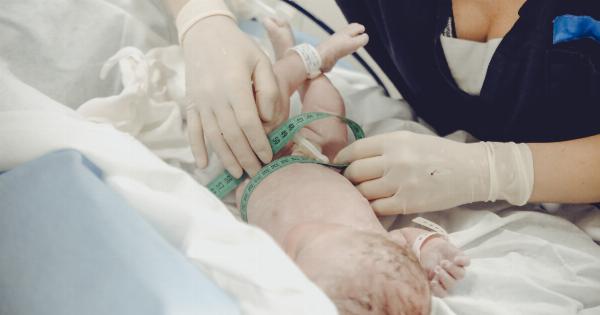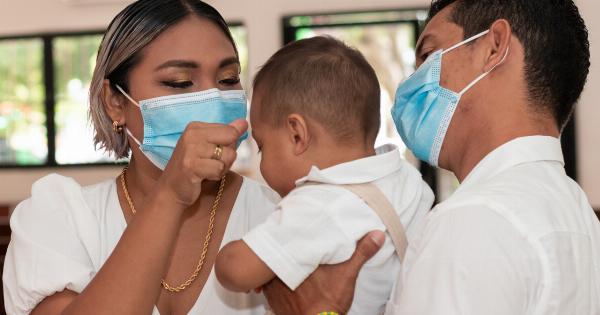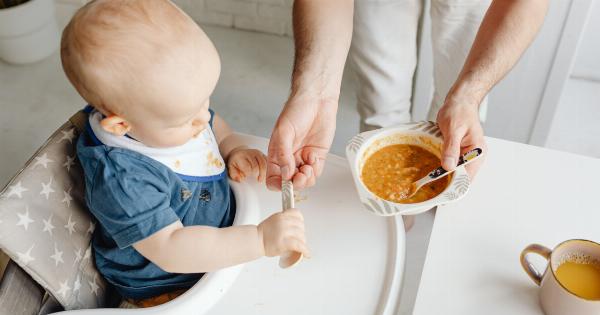Welcoming a new baby into the world is an exciting and life-changing event. As a new parent, it’s natural to feel both overjoyed and overwhelmed.
The good news is that with a little preparation and knowledge, you’ll be ready to tackle the challenges of caring for your newborn. In this article, we’ll cover the essential baby basics that every new parent needs to know on the big day!.
1. Bonding with Your Baby
The moment your baby is born, a powerful bond begins to form. Skin-to-skin contact immediately after birth is beneficial for both you and your baby. It promotes bonding, regulates your newborn’s body temperature, and helps establish breastfeeding.
Spending quality time together is crucial for developing a strong emotional connection.
2. Feeding and Nutrition
Whether you choose to breastfeed or bottle-feed, proper nutrition is vital for your baby’s growth and development. Breast milk is considered the best source of nutrition for infants, filled with essential nutrients and antibodies.
If you opt for formula feeding, consult your pediatrician to choose the right formula and understand the correct methods of preparing and sterilizing bottles.
3. Diapering and Hygiene
Learning how to change a diaper is one of the essential skills every new parent must master. Make sure you have an ample supply of diapers, wipes, and diaper rash cream. Establish a routine to ensure your baby stays clean and dry.
Remember to wash your hands thoroughly before and after each diaper change to prevent infections.
4. Safe Sleeping Practices
Creating a safe sleep environment is crucial to reduce the risk of sudden infant death syndrome (SIDS). Always place your baby on their back to sleep, on a firm surface without loose bedding or pillows.
Use a crib or bassinet that meets safety standards and fits snugly against the mattress. Avoid co-sleeping, as it increases the risk of accidental suffocation.
5. Bathing and Grooming
Gently bathing your baby is an important part of their hygiene routine. Use lukewarm water and a mild baby soap or cleanser. Support your newborn’s head and neck throughout the bath and pat them dry with a soft towel afterward.
Trim your baby’s nails regularly to prevent scratching and ensure their comfort.
6. Understanding Crying
Crying is a primary means of communication for babies. It can signify hunger, discomfort, tiredness, or the need for a diaper change. Finding ways to soothe your baby can be challenging, but with time, you’ll learn to interpret their cues.
Experiment with gentle rocking, soft music, or offering a pacifier to help comfort your little one.
7. Developmental Milestones
Babies grow and develop rapidly during their first year. Keep track of their milestones, such as rolling over, sitting up, crawling, and walking.
Although every child develops at their own pace, it helps to ensure that your baby is progressing as expected. Regular visits to your pediatrician will allow you to monitor your baby’s growth and development.
8. Establishing Routine and Sleep Patterns
Newborns thrive on routines as they provide a sense of security and predictability. Create a flexible schedule that incorporates feeding times, nap times, and bedtime.
As your baby grows, their sleep patterns will change, and you can gradually introduce sleep training methods to help establish healthy sleep habits.
9. Safety Precautions
As your baby becomes more mobile, it’s essential to create a safe environment. Baby-proofing your home is crucial to protect them from potential hazards.
Install safety gates, secure furniture that could tip over, keep small objects out of reach, cover electrical outlets, and use corner protectors. Always supervise your baby and never leave them unattended on elevated surfaces.
10. Self-Care for New Parents
Caring for a newborn can be physically and emotionally demanding, so it’s important to prioritize self-care. Get enough rest when your baby sleeps, eat nutritious meals, and ask for help when needed.
Don’t hesitate to reach out to friends, family, or support groups for assistance or just to talk. Taking care of yourself will allow you to better care for your baby.































